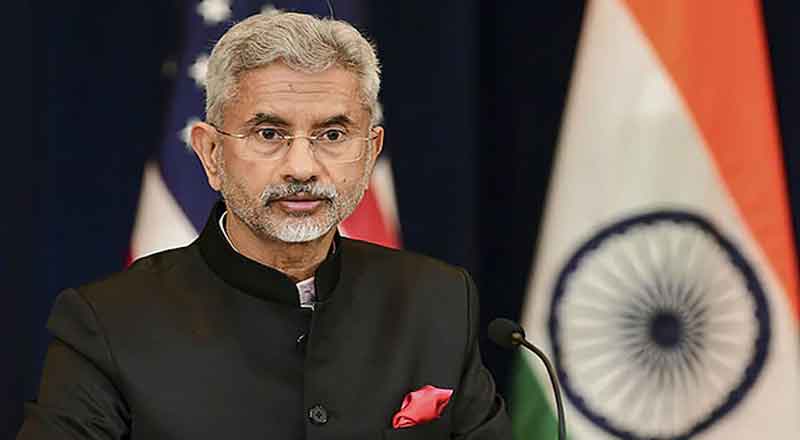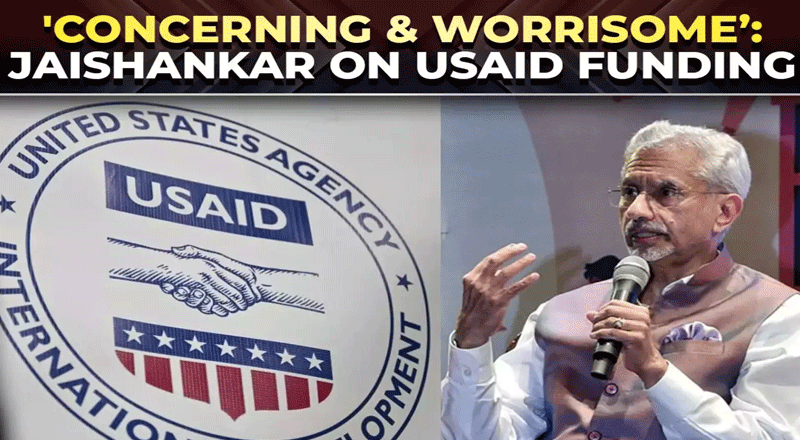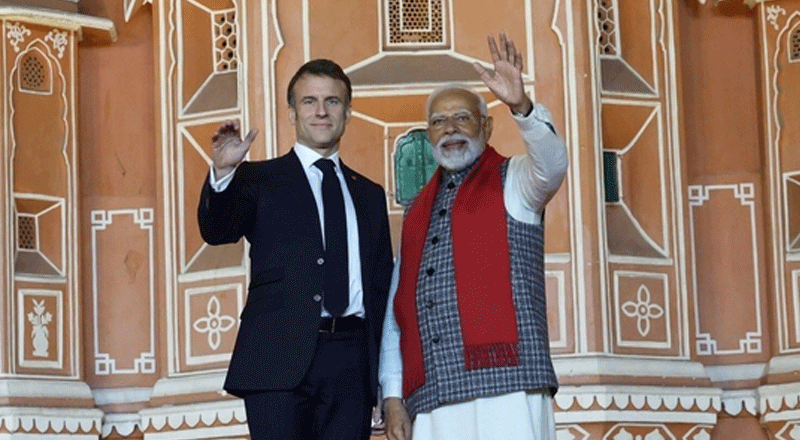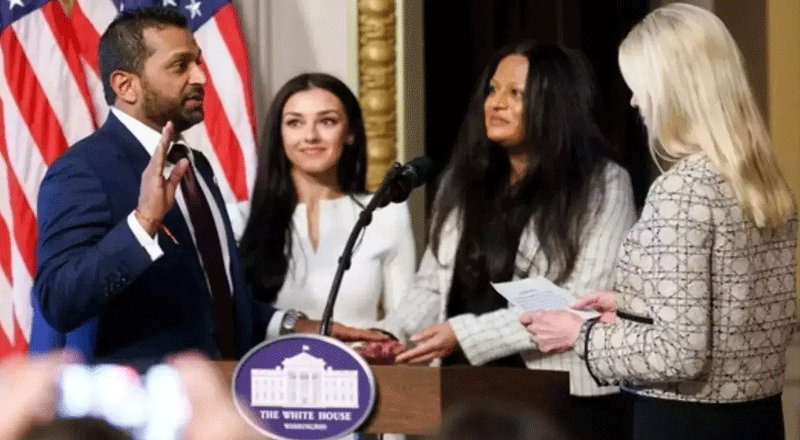In the wake of Canada’s allegations about India’s “potential” involvement in the killing of a Khalistani separatist on its soil, External Affairs Minister S Jaishankar has said that New Delhi conveyed to Ottawa that it is not the government of India’s policy and it is open to looking at “specific” and “relevant” information in the case.
Jaishankar made the comments in a conversation at the Council on Foreign Relations in New York on Tuesday after addressing the UN General Assembly session.
“Yes, I do have a comment. I’ll share with you very frankly what we told the Canadians,” Jaishankar said when asked if he had any comment on recent allegations by Canadian Prime Minister Justin Trudeau that “agents” of the government of India are linked to the killing of Khalistani extremist Hardeep Singh Nijjar on Canadian soil on June 18. “One, we told the Canadians that this is not the government of India’s policy,” Jaishankar said. “Two, we told the Canadians saying that look, if you have something specific, if you have something relevant, let us know. We are open to looking at it,” Jaishankar said while responding to a question from former US Ambassador to India and CFR Distinguished Fellow Kenneth Juster, in his first public comments on the issue.
Jaishankar asserted that one must also understand the context because the “picture is not complete” without the context of it. “You also have to appreciate that in the last few years, Canada actually has seen a lot of organized crime relating to the secessionist forces, organized crime, violence, extremism. They’re all very, very deeply mixed up,” he said.
He said India has been talking about “specifics and information”.
“We have actually been badgering the Canadians, we have given them a lot of information about organized crime leadership, which operates out of Canada. There are a large number of extradition requests. There are terrorist leaders who have been identified,” he said, adding that one has to understand that there is an “environment out there.” “That is important in a way to factor in if you have to understand what is going on out there. And our concern is that it’s really been very permissive because of political reasons. So, we have a situation where actually our diplomats are threatened, our consulates have been attacked and often comments are made about ‘there’s interference in our politics’. And, a lot of this is often justified as saying, well, that’s how democracies work,” Jaishankar said.
When asked by Juster whether the government of India will cooperate with Canada if there are specific pieces of evidence provided to it, Jaishankar said, “If somebody gives me something specific, it doesn’t have to be restricted to Canada, but if there is any incident which is an issue and somebody gives me something specific, as a government I would look at it. Of course, I would look at it.” Tensions flared between India and Canada following Prime Minister Trudeau’s allegations of the “potential” involvement of Indian agents in the killing of Nijjar outside a gurdwara in Surrey, British Columbia on June 18. India had designated Nijjar as a terrorist in 2020.
Trudeau on Friday said that Canada shared with India “many weeks ago” evidence on the killing of Nijjar and wants New Delhi to commit constructively with Ottawa to establish the facts in the “very serious matter.” When asked about Canada sharing any information in the case with India, the Ministry of External Affairs (MEA) in New Delhi said: “No specific information has been shared by Canada on this case, either then or before or after.
Canada’s Defence Minister Bill Blair on Sunday voiced concern over the measures taken by India including the suspension of visa services for Canadians and urged New Delhi to cooperate fully in the investigation of the killing of Nijjar to uncover the truth and work together to resolve it appropriately.’
(With inputs from agencies)





